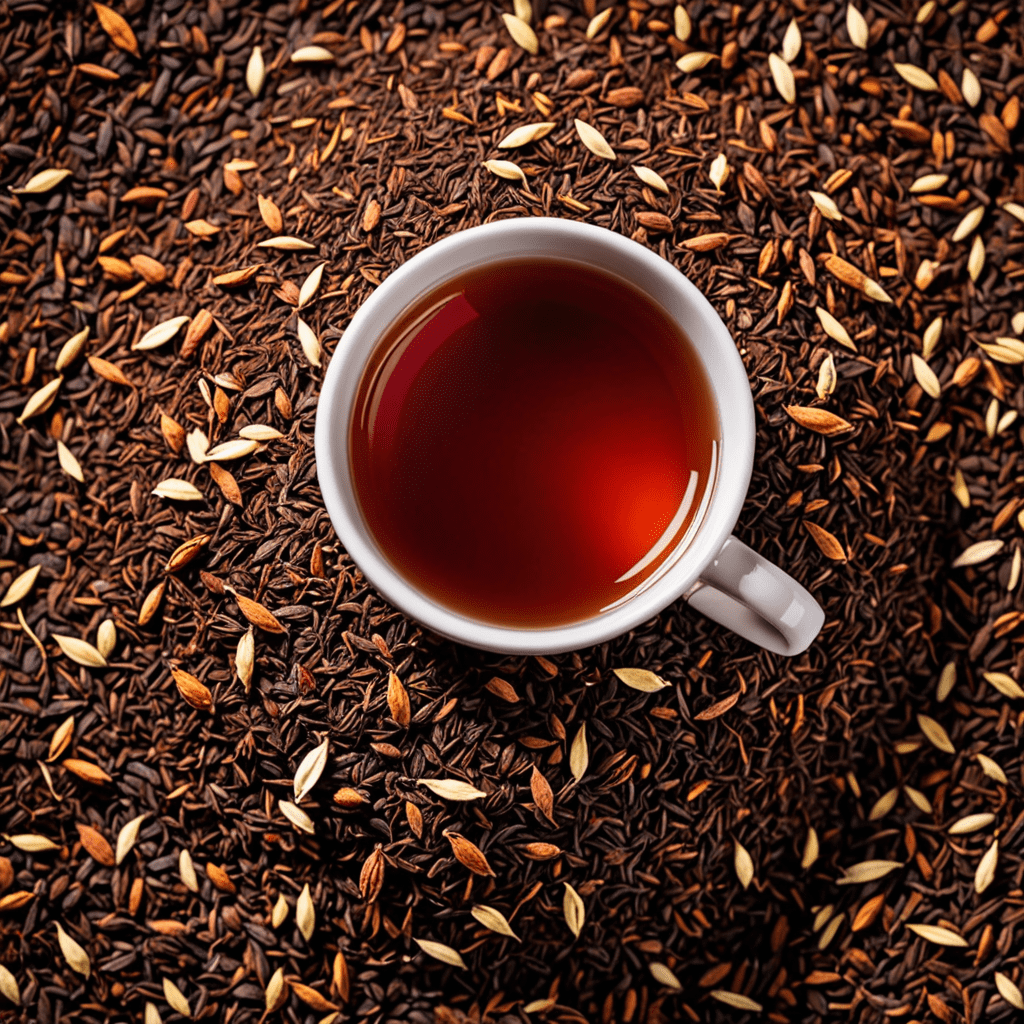The Allure of Chai Tea: A Perfect Blend of Spices and Tradition
Chai tea, an aromatic elixir brewed from a harmonious blend of spices and black tea, has captured the hearts of tea enthusiasts worldwide. Its enchanting aroma, captivating flavors, and deep-rooted cultural significance have made it a beloved beverage, transcending geographical boundaries and uniting tea lovers across the globe.
Tracing the Origins: A Journey from India’s Embrace
Chai tea traces its genesis to the heart of India, where it has been an integral part of the country's culinary and cultural traditions for centuries. Its origins can be traced back to the ancient Ayurvedic practice of combining herbs and spices with tea for medicinal purposes. The popularity of chai spread throughout India and beyond, becoming a staple beverage in many households and a symbol of hospitality.
Embracing Diversity: Variations in Chai Blends
While the core ingredients of chai tea remain consistent, regional variations and personal preferences have given rise to a diverse array of blends. In India alone, there are countless variations, each with its unique character. Some popular blends include Masala Chai, featuring a robust blend of spices like cardamom, cinnamon, and ginger; Kashmiri Chai, known for its delicate blend of green tea and spices; and Adrak Chai, a ginger-infused chai that is both invigorating and comforting.
The Art of Preparation: Brewing the Perfect Cuppa
To fully appreciate the exquisite flavors of chai tea, it is essential to master the art of preparation. Traditional methods involve simmering black tea leaves with a blend of spices in milk and water. The precise ratio of ingredients and the duration of steeping can be adjusted to suit individual preferences. Whether brewed in a traditional Indian pot or a modern tea kettle, the brewing process is a ritual that adds to the overall experience.
Beyond the Spice: Exploring the Health Benefits of Chai
Chai tea is not only a culinary delight but also a beverage with potential health benefits. Spices like ginger, cinnamon, and cloves have traditionally been used in Ayurvedic medicine for their anti-inflammatory, antioxidant, and digestive properties. Studies have suggested that chai tea may support heart health, boost immunity, and enhance cognitive function. However, it is important to note that these benefits may vary depending on the specific blend and the frequency of consumption.
Chai in the Spotlight: A Culinary Delicacy
Chai tea has ventured beyond its traditional role as a comforting beverage, making its mark in the culinary world. Its unique and versatile flavor profile has inspired chefs to incorporate chai into a wide range of culinary creations, from delectable desserts to savory dishes. Chai-infused pastries, cakes, and ice creams tantalize taste buds with their aromatic sweetness, while savory dishes like curries, marinades, and sauces gain depth and complexity from the addition of chai spices. The versatility of chai tea as a culinary ingredient continues to captivate the imagination of chefs and home cooks alike.
Chai as a Cultural Symbol: A Beverage Steeped in Heritage
Chai tea is deeply intertwined with the cultural fabric of India and other tea-producing regions. It is not merely a beverage but a symbol of hospitality, community, and shared experiences. In many cultures, chai is an integral part of social gatherings, religious ceremonies, and festivals. Its comforting aroma and convivial nature have made it a beloved beverage that transcends cultural boundaries and unites people from all walks of life.
The Economics of Chai: A Catalyst for Global Trade
The global chai tea market has experienced significant growth in recent years, becoming a valuable commodity in international trade. Major tea-producing countries such as India, Sri Lanka, and Kenya play a crucial role in supplying the world's demand for chai. The cultivation, processing, and export of chai tea have created numerous employment opportunities and contributed to the economic development of these regions. The global chai tea trade continues to expand as its popularity grows worldwide.
Environmental Impact: Chai’s Sustainability Story
Chai tea production has environmental implications that are important to consider. The cultivation of tea leaves and spices requires land, water, and other resources. However, sustainable farming practices and responsible sourcing can minimize the environmental impact of chai production. Organic farming, water conservation techniques, and fair trade initiatives are among the measures being implemented to ensure the long-term sustainability of chai tea production.
The Future of Chai: Innovation and Emerging Trends
The future of chai tea holds exciting possibilities for innovation and emerging trends. Tea companies are exploring new flavor combinations and pairings, introducing specialty blends that cater to evolving consumer preferences. Cold-brewed chai, sparkling chai drinks, and chia-infused beverages are among the innovative variations that are gaining popularity. Additionally, the growing demand for organic and sustainably sourced chai tea is driving the development of eco-friendly and socially responsible practices throughout the supply chain. The future of chai tea is bright, with continued innovation and a focus on sustainability ensuring its continued relevance and popularity.
FAQ
- What is the difference between chai tea and regular tea?
- How do I make chai tea at home?
- What are the health benefits of chai tea?
- Where can I buy chai tea?

